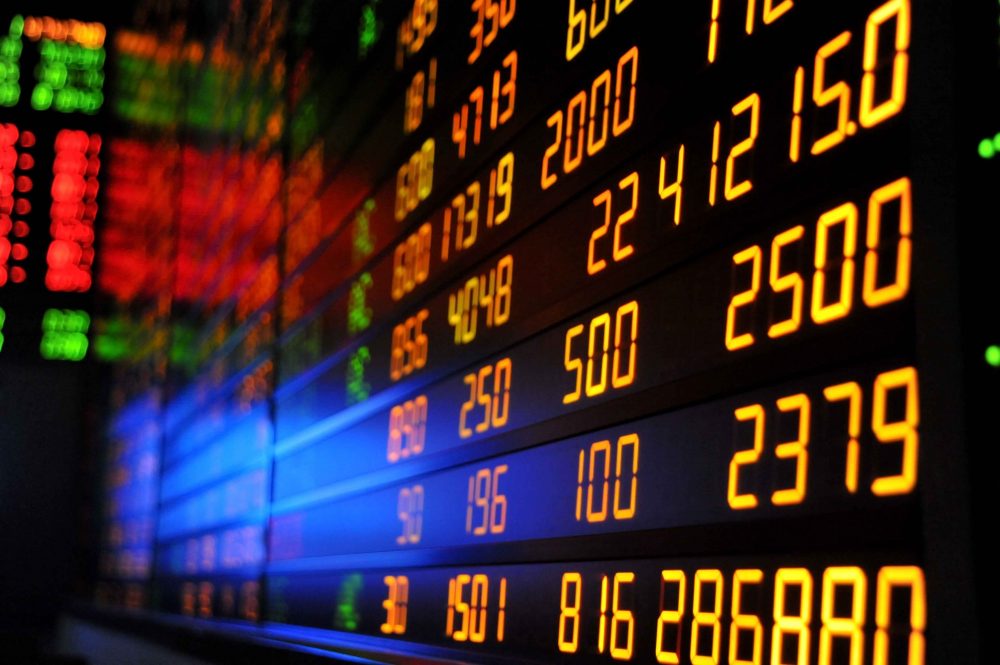The markets are in turmoil, which has been led by China where the markets recently fell by 8.5% (the Shanghai composite index), which was the largest sell off since 2007. The ‘Black Monday’ that we saw this week with one of the worst drops on record for many years. The Dow Jones ended down more than 588 points on the day, with the S&P 500 and Nasdaq both in correction territory, down 10% (mid-week) on their recent peaks. The Nikkei also fell over 4%. Knock on effects were seen in world markets, with miners leading the fall due partly to fear of a global slowdown.
The question is whether this sell-off is the start of world wide panic, there is going to be a reduction in stimulus measures by central banks or it is just a blip in world-wide markets. The markets have drastically fallen from Monday to Friday, with large falls on the Monday, but almost regaining all losses by Friday partly due to an upwards revision to US GDP.
Leading economists have commented that this is not the start of a major crises but it is likely to mean that there will not be an interest rate rise in the US next month. The increase in US consumer spending has meant that there is less clarity in outlook, but Narayana Kocherlakota (Federal Reserve Bank of Minneapolis president) has been quoted as saying that if there is no change in the economic situation then a 2015 rate rise is unlikely. This is all against the backdrop of the Eurozone news that has taken a back seat and remained relatively calm with the new appointment of the prime minister Vasiliki Thanou and finance minister Yiorgas Houliaràkis.
Inflation is now looking fairly constant; almost stopping the dramatic falls that were seen at the start of the year due to falling oil prices. As a result of this, German consumer prices rose 0.1% in August compared to the previous year and did not change when compared to the previous month. Interestingly energy prices continued to fall over 7%, but food and rents moved up around 1%.
It is of course important to take a macro view, but short sharp shocks are not to fear – we prefer to take a long term view and with UK GDP growth increasing for ten consecutive quarters, any major impact on domestic lending is currently overstated.
If you’re an importing goods or services from China, read our guide here.























